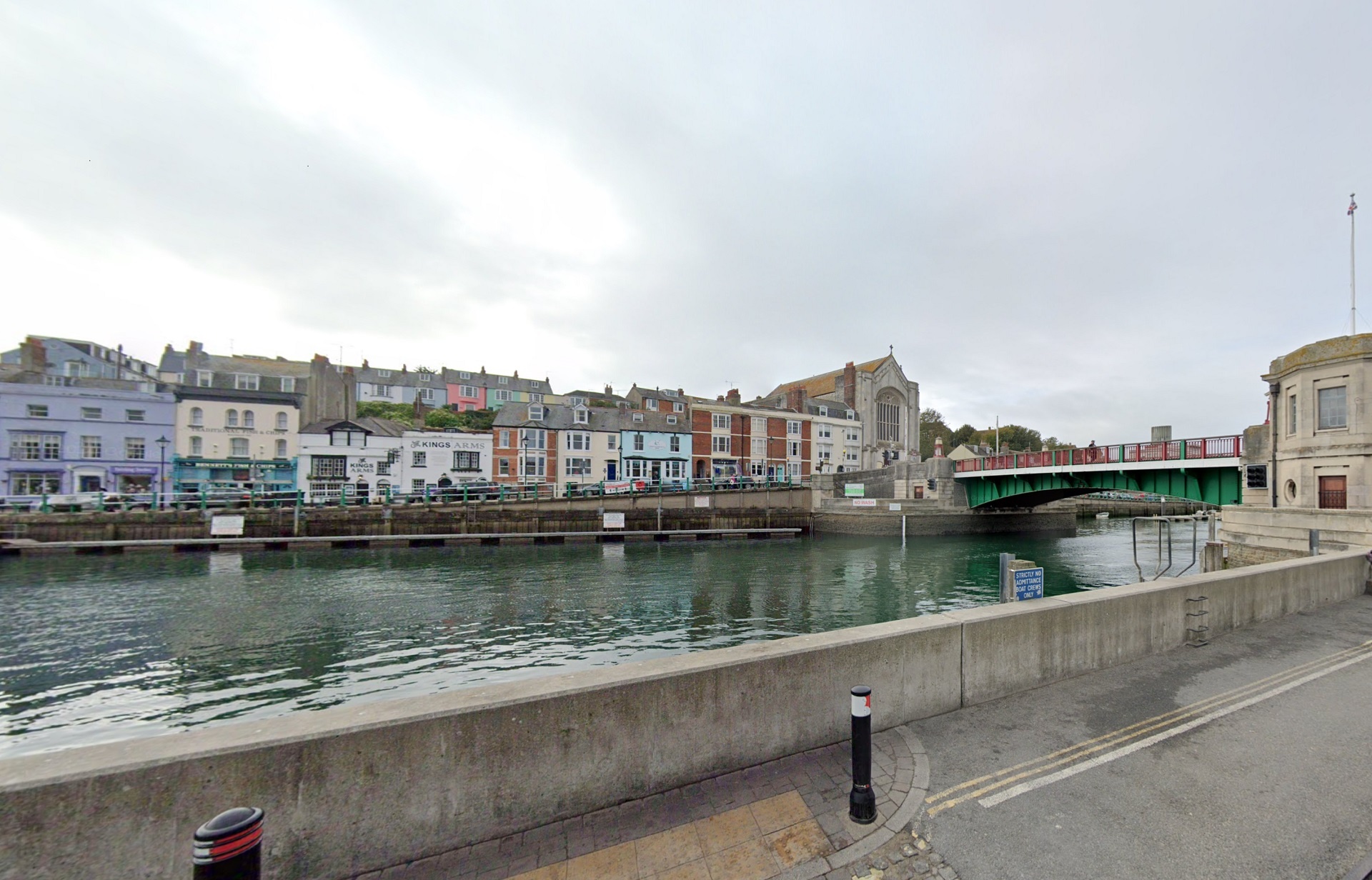Temperatures are set to hit up to 29c in Dorchester today (Tuesday) with overnight lows not set to fall below 18c.
Dorset is currently at Level 2 on the Met Office Heat-health watch (issued at 0845). This is triggered as soon as the risk is 60% or above for threshold temperatures being reached in one or more regions on at least two consecutive days and the intervening night. This is an important stage for social and healthcare services who will be working to ensure readiness and swift action to reduce harm from a potential heatwave.
There is also a yellow warning for thunderstorms from 1800 today (Issued 0939).
With this in mind, it is important to look after those vulnerable as well as each other to avoid dehydration, overheating (especially for those who already have problems with their heart or breathing) and heat exhaustion and heat stroke.
HOT SPELLS CAN EFFECT ANYONE BUT THERE ARE SIGNIFICANT PEOPLE AT RISK:
– Babies and young children
– The elderly
– Those with long term conditions such and heart or respiratory complaints
– People with mobility problems
– People on medications including those who control sweat and temperature controls
– People who work outdoors – labourers etc.
– Misuse of drugs and alcohol.
TIPS FOR COPING IN HOT WEATHER – FROM THE NHS
– Shut windows and pull down the shades when it’s hotter outside. You can open the windows for ventilation when it’s cooler.
– Avoid the heat: stay out of the sun and do not go out between 11am and 3pm (the hottest part of the day) if you’re vulnerable to the effects of heat.
– Keep rooms cool by using shades or reflective material outside the windows. If this is not possible, use light-coloured curtains and keep them closed (metallic blinds and dark curtains can make the room hotter).
– Have cool baths or showers, and splash yourself with cool water.
– Drink plenty of fluids and avoid excess alcohol. Water, lower fat milks and tea and coffee are good options. You can also drink fruit juice, smoothies and soft drinks, but they can be high in sugar. Limit fruit juice or smoothies to a combined total of 150ml a day, and choose diet or sugar-free soft drinks.
– Listen to alerts on the radio, TV and social media about keeping cool.
– Plan ahead to make sure you have enough supplies, such as food, water and any medicines you need.
– Identify the coolest room in the house so you know where to go to keep cool.
– Wear loose, cool clothing, and a hat and sunglasses if you go outdoors.
– Check up on friends, relatives and neighbours who may be less able to look after themselves.
– If you have concerns about an uncomfortably hot house that’s affecting your health or someone else’s, get medical advice.
You can also get help from the environmental health office at your local authority. They can inspect a home for hazards to health, including excess heat.
PROTECTING YOUR SKIN
– Use sunscreen of at least SPF 15. Apply it generously and top up at least every two hours. If you’ve been in water, reapply when you are dry.
– Apply sunscreen to any uncovered parts of your body. A hat will protect your head, face, ears and eyes.
– Choose sunglasses that have a CE mark, UV400 label or a statement that they offer 100 per cent UV (ultraviolet) protection.
– When the weather is hot, your skin may also feel drier than usual. Using moisturiser can help keep your skin healthy.
– If you have moles or brown patches on your skin, they usually remain harmless. But if they bleed, or change size, shape or colour, show them to your doctor without delay. For more information visit the Cancer Research UK website.
DEHYDRATION AND OVERHEATING
It’s easy to become dehydrated or overheat when it’s hot outside.
– Drink plenty of fluids. Aim to drink 6 – 8 glasses of liquid a day, and more if it’s hot.
– Eat a balanced diet to help your body replace any salt you lose by sweating.
Extreme heat and dry conditions can cause you to dehydrate and your body to overheat.
Watch out for certain signs – particularly for muscle cramps in your arms, legs or stomach, mild confusion, weakness or sleep problems. If you have any of these, rest in a cool place and drink plenty of fluids. Seek medical advice if your symptoms persist or worsen.
Images courtesy of MetOffice.gov.uk
www.metoffice.gov.uk/weather/forecast/gcn2880tk#?date=2019-07-23

















